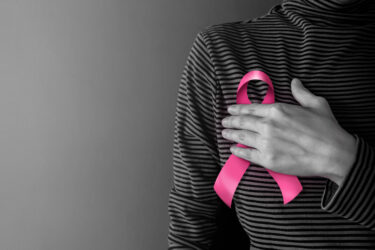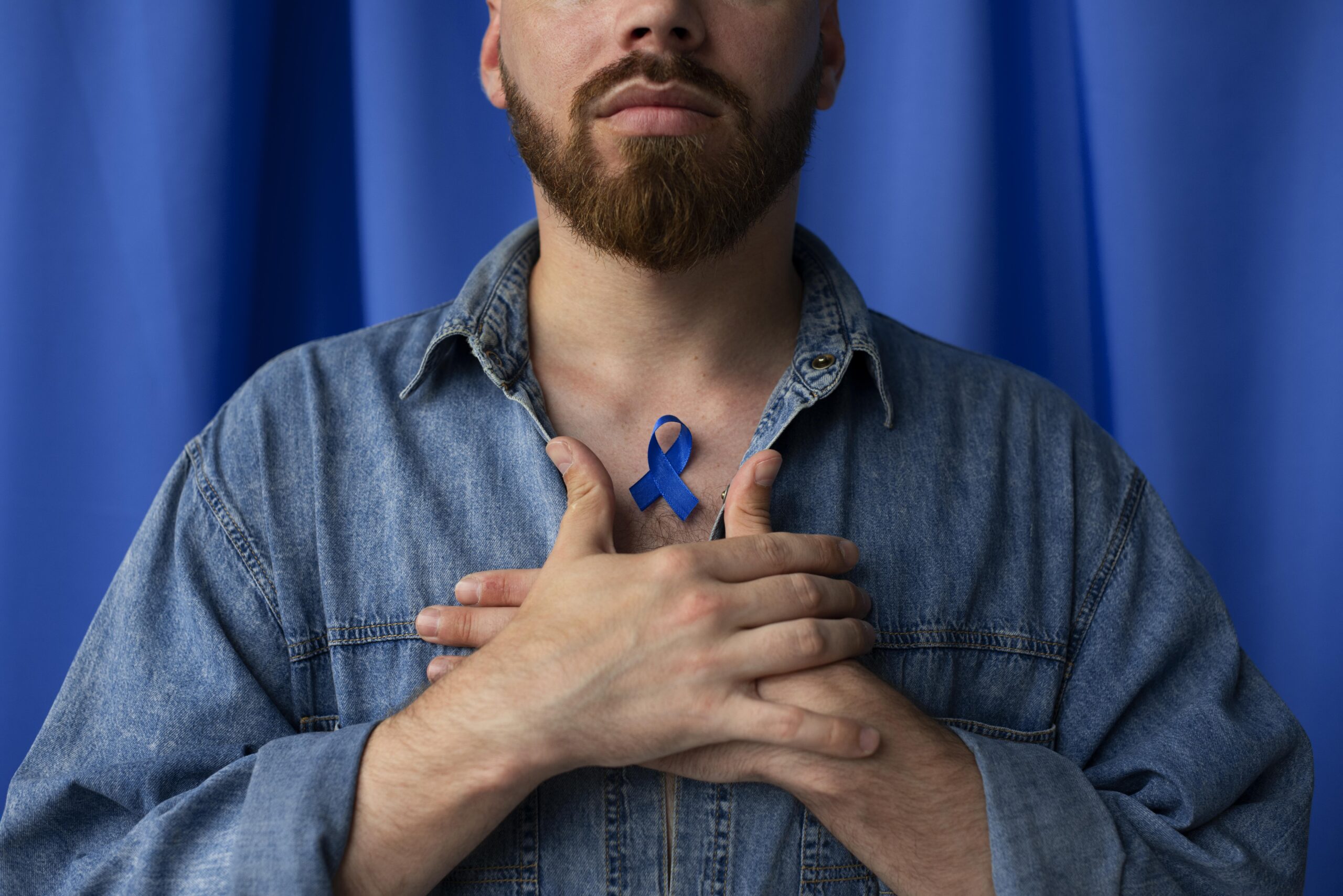Leukemia is a type of blood cancer characterized by the bone marrow increasingly developing abnormal white blood cells. These white blood cells, unlike healthy ones, are incapable of fighting viruses, bacteria, and other foreign substances that threaten the body. These abnormal cells’ excessive growth outnumber the healthy cells and invade their functions, making the body more prone to illnesses. Check out the sign of leukemia and how it is diagnosed.
Symptoms of leukemia
- Pale skin
When the white blood cells outnumber the red blood cells, the patient’s skin can easily turn pale. This is the first tell-tale sign of an increase in white blood cells. - Fever or chills
An infection accompanies fever or chills in the body, but in leukemia, the malignant cells send signals that cause the body to elevate the core temperature. - Persistent fatigue
Chronic leukemia can make the patient feel excessively tired despite sufficient rest. Since the body lacks healthy white blood cells, the body is always prone to infections, and the healthy white blood cells use up most of the body’s energy in fighting them. - Frequent infections
Leukemia outnumbers healthy white blood cells, making the body more prone to infections. - Easy bruising and bleeding
Leukemia keeps the body from producing healthy white blood cells, which keep the platelets (clot-forming cells) in check. Platelets help form clots to prevent the body from losing blood during cuts and injuries. And the low levels of platelets make the body more prone to bruising and bleeding. - Excessive night sweats
The body turns up its core temperature to fight against cancer. Additionally, fever is a symptom of this disease, contributing to night sweats. - Bone pain or tenderness
The abnormal white blood cells take over the bone marrow and form masses around the spinal cord nerves or joints in the body, which causes joint pain and sensitivity to touch. - Enlarged liver or spleen
The abnormal white cells build up in masses around the spinal cord nerves and the liver, causing them to expand. This condition is accompanied by significant discomfort and a greater risk of reducing healthy cells. - Loss of appetite
The enlarged liver puts pressure on the stomach, making the patient always feel full. Even if the patient feels hungry, they may not be able to eat much because they’re prone to a feeling of fullness. That said, the patient naturally experiences sudden weight loss. This sign also denotes that cancer has spread to the lymph nodes.
Diagnosis of leukemia
- Blood test
Thankfully, leukemia can be diagnosed by a blood test, which allows the doctor to determine the abnormal growth of white blood cells. - Physical exam
If you go to your doctor with leukemia symptoms, the doctor may look for signs like pale skin, swollen lymph nodes, and enlargement of the liver or spleen. - Bone marrow
When the blood test fails to show any leukemia cells in the blood sample, the symptoms hint at the illness, the doctor may perform a bone marrow test.







